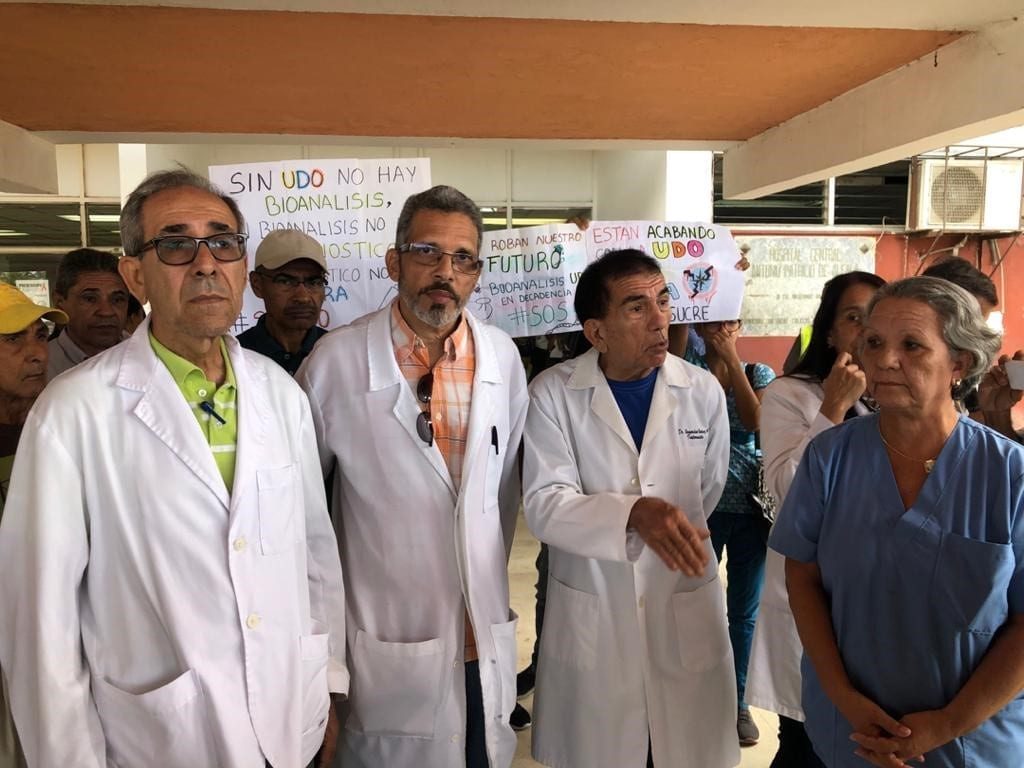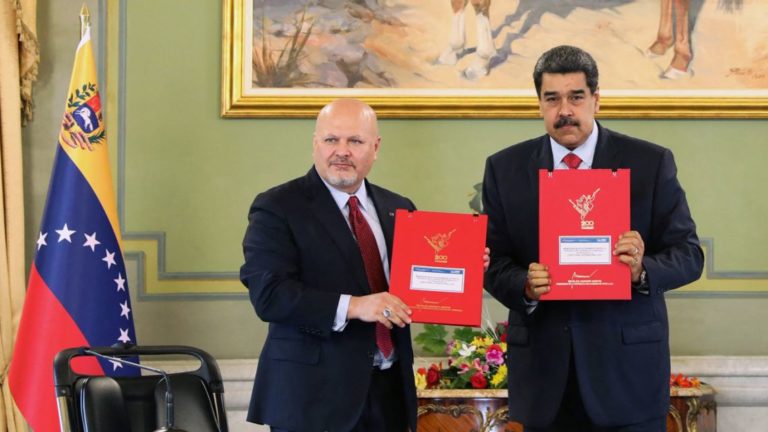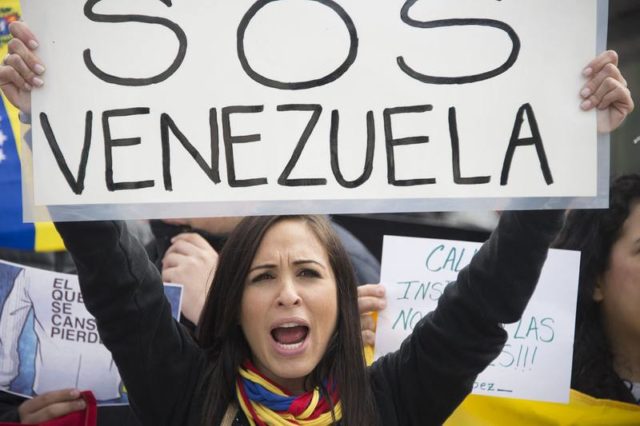The political, social, and economic crisis that affects Venezuela will be resolved when citizens activate all individual and social processes that allow us to reverse the decline in our living conditions. This begins with the personal and family sphere and must continue in the community, the city, the region, and the country.
We are called to rescue the worth of the Constitution, because only in this way will the country enjoy full rights and freedoms within the framework established by law; and with them, the much-needed stability for economic development, employment, and well-being for all.
An urgent task is to recover normality. Having access to public services, healthcare, education, transportation, gas, electric service, water, telecommunications, public security, just to name the most basic things that the State must guarantee to every citizen, and that have deteriorated to a level that we would have never imagined just five years ago.
To achieve all this, we first need to rescue our own capabilities. We need to focus on acting effectively and positively, collaborating from our strengths, taking advantage of opportunities to progressively improve and overcome all the shortcomings.
The ruling United Socialist Party of Venezuela (PSUV), an organization that dominates all state institutions, will not give up spaces in exchange for anything. The painful experience of these years of struggle for fundamental and democratic rights shows us that the actors who hold power require international recognition and resources that are now blocked by sanctions; but, above all, they need to be sure that giving up these spaces will not bring about a new existential crisis that could threaten their political and civil rights.
Venezuelan society must take this process realistically, measuring its strength and taking advantage of all the opportunities and spaces available to move forward. If we wait for the miracle that will solve this crisis, we will lose the chance to fight for what we believe and long for: the opportunity for Venezuelans to be able to settle our differences in a civilized manner.
An opportunity has opened up at the National Electoral Council. From there, we are building the conditions for competitive elections that can count on greater participation of political actors running for office and citizens exercising their right to vote.
We began this task with serious limitations to the participation of political actors due to judicial and administrative processes out of control of the Electoral Power, which affect more than 1,000 individuals interdicted by the comptroller and more than 65,000 with judicial interdictions, many of them political and social leaders. Steps are being taken to find alternatives that allow their participation. It is logical and usual to see this type of demand being discussed at a political negotiation table. It is not the first time in Venezuela that a process of reparation of full political and civil rights has been proposed, a process that could be described as an “amnesty” from the point of view of those in power, Together with the international community, we know and recognize the existence of political prisoners and interdicted politicians.
The fundamental question in a negotiation is what the power would expect in exchange for granting a general amnesty. Considering our complex context, this can only be the subject of a comprehensive political agreement in which the CNE board does not participate directly. The CNE would be in charge of implementing the agreements that affect the electoral issue. Likewise, the pandemic, child malnutrition, and other humanitarian and socioeconomic issues with a deep impact on the life of the country must be addressed in those spaces according to the speed and effectiveness that they deserve, taking advantage of all the willing and capacities of the country and those offered by the international community.
Who could question that, while a comprehensive negotiation is taking place, any leader who wishes to run for office is allowed to participate in municipal and regional elections? We assume this responsibility, fully aware that we need to add all possible efforts to re-institutionalize our local and regional governments, motivate citizens to participate in elections that could change the abstentionist inertia, and relaunch the checks and balances system between the local, regional, and national power.
Today, we are committed to that task, with all the strength and the best possible disposition and without forgetting that a realistic look at what we actually have will help us to make the most of the occasion and push for the democratization to which we all should aspire.
Translated by José Rafael Medina



